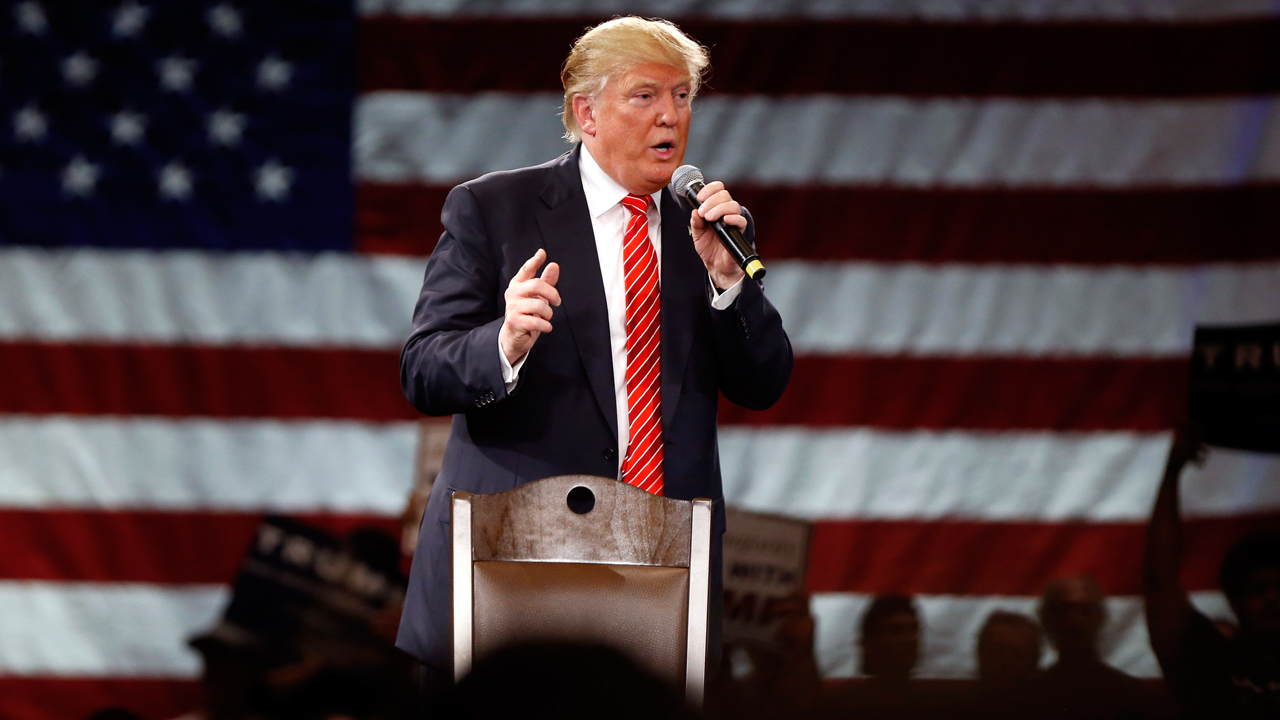Trump: The World's Latest Geopolitical Risk?
Republican presidential frontrunner Donald Trump has made headlines since his decision to join the race for the White House back in June. The business mogul’s name has been splashed on front pages for his controversial opinions on everything from international relations to his handling of protestors at his rallies. But the latest headline-maker is for his potential to disrupt the globe’s political and social stability.
In other words, Trump is a political candidate, entrepreneur and geopolitical risk.
“A hypothetical President Trump in my analysis does pose a geopolitical risk to the established world order in as much as his administration will mark a distinct departure from trends of the last seven to eight years,” Jeffrey Moore, analyst at Global Risk Insights, said.
Trump has voiced opposition to the Trans-Pacific Partnership, a proposed 12-nation trading pact by President Obama, and said he would impose large tariffs on goods imported from China. Those efforts, according to a note from Wells Fargo Investment Institute’s Paul Christopher, head global market strategist, and Craig Holke, global research analyst, would have economic implications both globally and domestically.
“Anti-trade policies also carry a macroeconomic risk, in that scuttling trade pacts or heavy use of tariffs to protect U.S. industries may provoke tariff retaliation and reduced trade, a risky step at a time when global economic activity is already soft,” they explained.
Moore said Trump’s economic proposals would pose a global risk, but only insofar as they could actually be implemented once the frontrunner is elected to the White House.
“The limits of the office as well as approving authorities that rest in U.S. Congress would act as constraints to such disruptive proposals. The threat of 40% tariffs on Chinese imports would more likely end up as another ‘broken campaign promise,’” he said.
However, Christopher and Holke point out that the longer the political uncertainty persists, and U.S. foreign policy remains unpredictable, the bigger the potential risk to U.S. markets and the economy. They said investors could expect to see downside moves in equity prices and the easing of the dollar’s strength against other global currencies.
Still, the bottom line is that trying to predict the direction of policy – no matter which side of the political aisle you’re on – is premature.
Moore explained that Trump has indicated on the campaign trail that his rhetoric and operating style as president will be much different once in the Oval Office.
“Priding himself as a dealmaker implies that he will in fact make deals,” Moore explained. “Deals require give and take and a realistic assessment of plausible options and outcomes…first comes shock and awe, and then comes a more sensible position.”
More than that, Christopher and Holke remind voters that while the president holds a great deal of power, it's a position that still requires cooperation with the other two branches of government. And contests in those arenas have yet to show any definite outcomes.
“Legislation and policy on [tax reform, health care, immigration and foreign policy] still depends on the congressional races and how the open seat on the Supreme Court is filled,” they said.




















